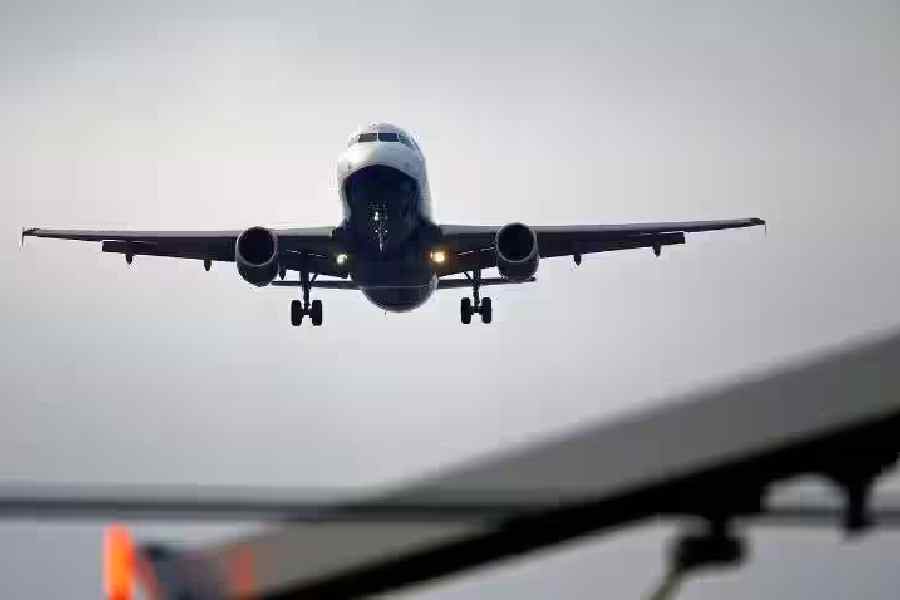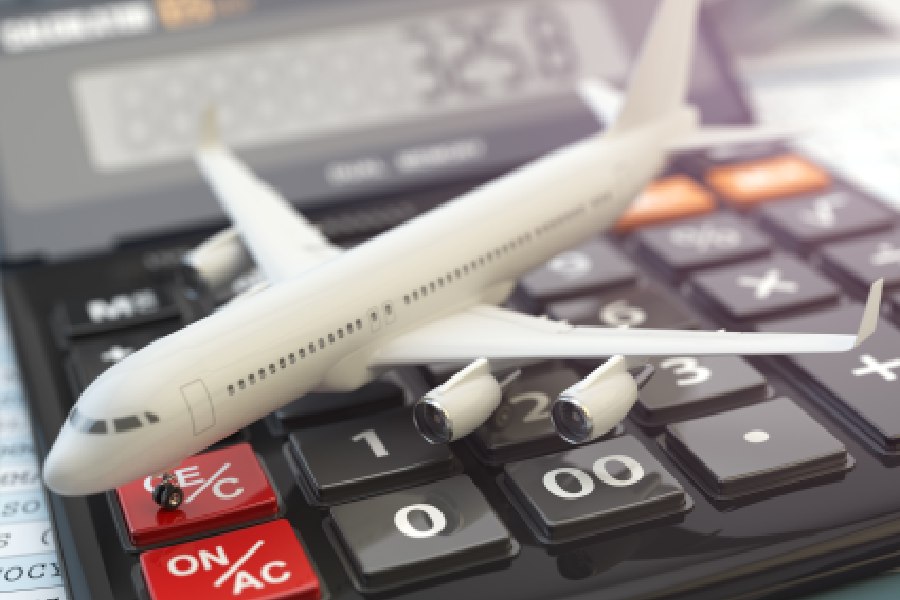Civil aviation regulator DGCA has set up a four-member committee to provide suggestions for achieving gender equality in the aviation sector in India.
The Directorate General of Civil Aviation (DGCA) issued an order on August 10, 2023 stating that the objective of this committee is to suggest steps that DGCA should take to bring gender equality in the aviation sector.
The four senior officers appointed as members of the committee are Survita Saxena, Director (Operations); R P Kashyap, Director (Training); Pavan Malviya, Deputy Director (Administration); and Kavita Singh, Deputy Director (Aircraft Engineering Directorate).
They are supposed to formulate norms and submit them to DGCA which the regulator will further circulate among aviation stakeholders to adopt and bring in practice for gender equality.
"The committee will submit its report/recommendation within six months from the date of its constitution," the order said.
The initiative is in line with the commitment of International Civil Aviation Organisations (ICAO) which aims to promote participation of women and achieve an aspirational goal of 50-50 (women-men) by 2030 at all professional and higher levels of employment in the global aviation sector.
Aviation professionals, operators and stakeholders have lauded the constitution of the committee and said the move will help create new opportunities for women in this field.
They said that the Indian aviation sector already has a fair presence of female workers in certain professional categories such as pilots.
Prime Minister Narendra Modi also acknowledged this fact in his address to the nation from the ramport of Lal Quila on the 77th Independence Day when he said that India has the highest number of women pilots in the world.
However, experts said that there is still a huge scope to encourage and skill women to join and contribute their role in the business of flying.
Radha Bhatia, Chairperson, Bird Group, who heads non-profit organization Women in Aviation India Chapter (WAI), said that promoting gender equality in the aviation industry is undoubtedly crucial.
"It's essential to prioritize the inclusion of women, even though India boasts the highest percentage of women pilots globally at 15 per cent. However, this figure still leaves significant room for improvement. The current representation of women in the pilot community, though noteworthy, falls short of the goal of true equality," Bhatia told PTI.
She added, "Achieving gender equality requires a collaborative effort from all stakeholders involved. This collective endeavour encompasses airlines, airports, ground handlers, maintenance, repair, and overhaul (MRO) services, as well as support services. It's essential to extend this initiative to include immigration processes, Bureau of Civil Aviation Security (BCAS), customs and ATC as women representation is low in these departments." Consulting & research firm CAPA – Centre for Aviation, in May 2022, in its reports titled 'Gender Diversity and Corporate Performance in Aviation' said that the share of women on boards of top 15 countries is 19 per cent in India whereas France has the highest, ie, 49 per cent.
It also said that although female participation in the labour force is relatively low across the world, India lags way behind many other countries.
The report stresses the need to address the supply side to achieve meaningful progress as the legal and institutional framework, designed to provide equal opportunity, access and resources for women, alone can't help.
Ajay Ahlawat, a retired group captain who served the Indian Air Force for several years before coming into civil aviation, felt that the data related to female participation in various roles in the aviation sector lacks integrity.
"Since there are no mandatory disclosure norms of gender specific workforce related data in the aviation industry in India, many aviation companies do not regularly report the strength of female workforce. Therefore, numbers cited in various journals are based on anecdotal data," Ahlawat said.
According to him, for the committee of experts to make qualitative recommendations, it would need access to accurate, updated and verifiable data for as of now, a comprehensive study on the women workforce within the aviation industry is lacking.
Bhatia also said, "It's imperative to gather such data for a more informed approach. The need to encourage gender equality was also emphasised by the prime minister during his recent Independence Day speech. Therefore, data collection is important. To address this, all departments should take the initiative to collect this vital information and submit it to the Civil Aviation Ministry which is the nodal agency." Despite the challenges, Pulak Sen, Founder Secretary General, MRO Association of India, is quite optimistic with the current trend as he said, "I can see more and more women are entering the aviation sector in India and I believe women are a workforce to reckon with in times to come."
Except for the headline, this story has not been edited by The Telegraph Online staff and has been published from a syndicated feed.












